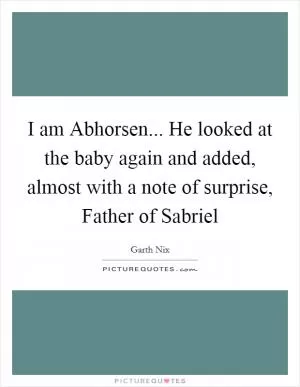Does the walker choose the path, or the path the walker?

Does the walker choose the path, or the path the walker?
In the world of Garth Nix's novels, particularly in his popular series "The Old Kingdom," the concept of choice and destiny plays a significant role in shaping the lives of the characters. One of the recurring themes in Nix's work is the idea of whether individuals have control over their own paths or if their destinies are predetermined by external forces.The quote "Does the walker choose the path, or the path the walker?" encapsulates this theme perfectly. It raises the question of free will versus fate, and whether individuals have the power to shape their own destinies or if they are merely following a predetermined course.
In Nix's novels, the characters often find themselves faced with difficult choices that will ultimately determine the course of their lives. They must decide whether to follow the path laid out for them by others or to forge their own way, even if it means going against the expectations of society or the will of powerful forces.
One of the most compelling examples of this theme can be found in the character of Sabriel, the protagonist of "The Old Kingdom" series. Sabriel is a young necromancer who is thrust into a world of danger and darkness when her father goes missing. Throughout the series, Sabriel is faced with numerous challenges and obstacles that force her to make difficult decisions about her future and the fate of the Old Kingdom.
As Sabriel navigates the treacherous paths before her, she must grapple with the question of whether she is choosing her own destiny or if she is merely a pawn in a larger game. Ultimately, Sabriel's journey is a testament to the power of choice and the ability of individuals to shape their own paths, even in the face of overwhelming odds.












 Friendship Quotes
Friendship Quotes Love Quotes
Love Quotes Life Quotes
Life Quotes Funny Quotes
Funny Quotes Motivational Quotes
Motivational Quotes Inspirational Quotes
Inspirational Quotes